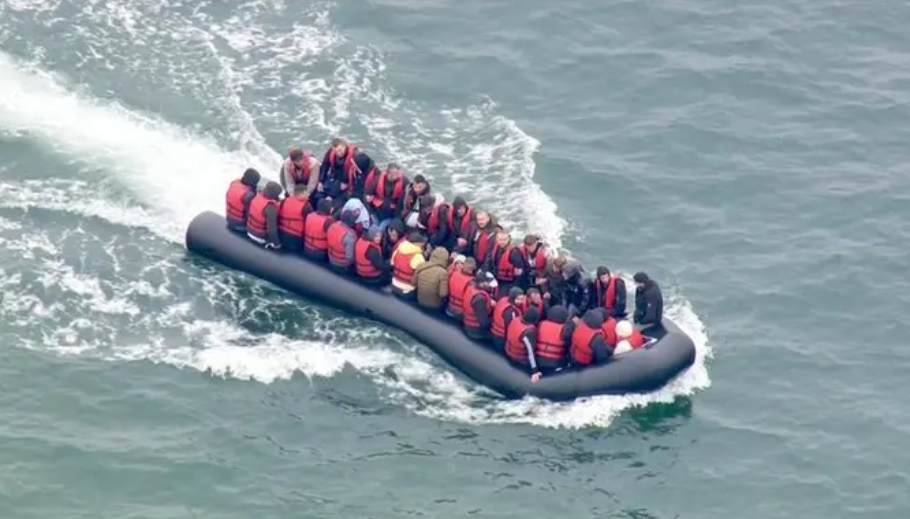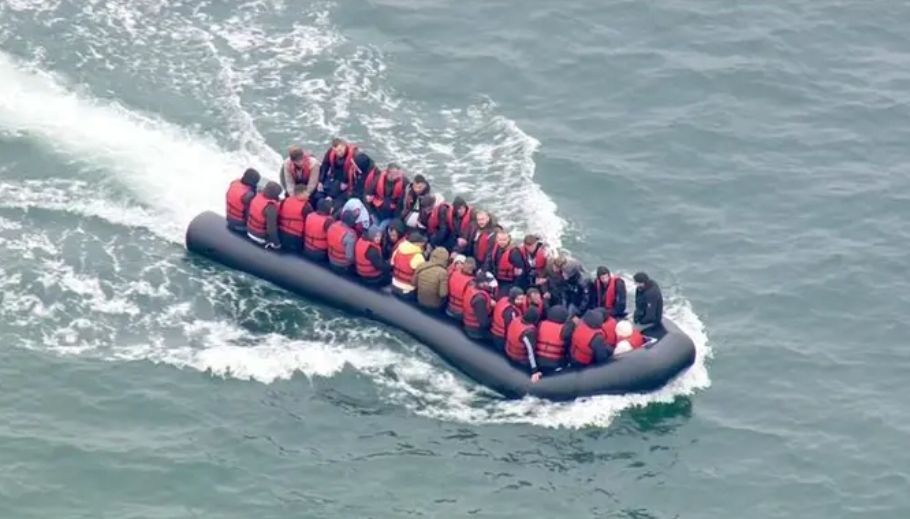
UK government finds itself entangled in a web of complexities as it seeks a ruling from the Supreme Court to enable the deportation of illegal immigrants to Rwanda. The crux of the matter lies in EU law, which is presently impeding the UK’s efforts to send undocumented individuals to this East African nation. The case has ignited a fierce debate on immigration and human rights. This was revealed by The Independent on Wednesday, 11 October 2023.

The controversy revolves around the European Union’s legal framework and its implications on the UK’s immigration policies post-Brexit. To understand the issue, it’s crucial to delve into the legal intricacies and the broader context.
The UK government has long grappled with the issue of illegal immigration, and Rwanda has emerged as an unexpected player in this saga. In 2019, the UK signed an agreement with Rwanda that paved the way for the deportation of illegal immigrants to this East African country. However, this move has been met with skepticism and resistance from various quarters.
The heart of the matter is the application of the EU Charter of Fundamental Rights. According to EU law, the UK is bound by certain fundamental rights, including the prohibition of torture, inhuman or degrading treatment or punishment. The UK argues that deporting illegal immigrants to Rwanda is in compliance with international human rights standards, but detractors claim otherwise.
The crux of the UK government’s argument rests on the premise that Rwanda is a safe destination for deportees. However, critics argue that there are concerns regarding the treatment of individuals once they arrive in Rwanda, and these concerns are amplified by the legacy of the 1994 genocide.
At the heart of the matter, the UK government is seeking a legal determination from the Supreme Court on whether the EU law supersedes its ability to decide its immigration policies. This is a pivotal moment in post-Brexit UK, where sovereignty and jurisdiction over legal and political matters have taken center stage.
Human rights organizations and activists have raised alarms, citing past instances of human rights abuses and disappearances in Rwanda. They assert that the deportation of illegal immigrants to such a country would be a breach of international law and moral obligations.
The Supreme Court’s decision will have far-reaching implications, not only for the fate of illegal immigrants but also for the UK’s stance on human rights and international obligations. It will set a precedent on the balance between national sovereignty and adherence to international human rights standards.
The legal case is also being closely watched by the international community, which is divided on this issue. The debate on illegal immigration is not unique to the UK, and many nations are grappling with similar concerns. How the UK Supreme Court rules on this matter may influence future immigration policies in other countries as well.
The UK government’s quest to deport illegal immigrants to Rwanda is embroiled in a legal and moral quagmire, with EU law, human rights, and international obligations at the forefront. The Supreme Court’s decision will determine the path the UK takes in defining its immigration policies and upholding its international commitments. Regardless of the outcome, this case is a stark reminder of the complexities surrounding immigration, sovereignty, and human rights in the modern world.




